Facebook, Death and Grieving
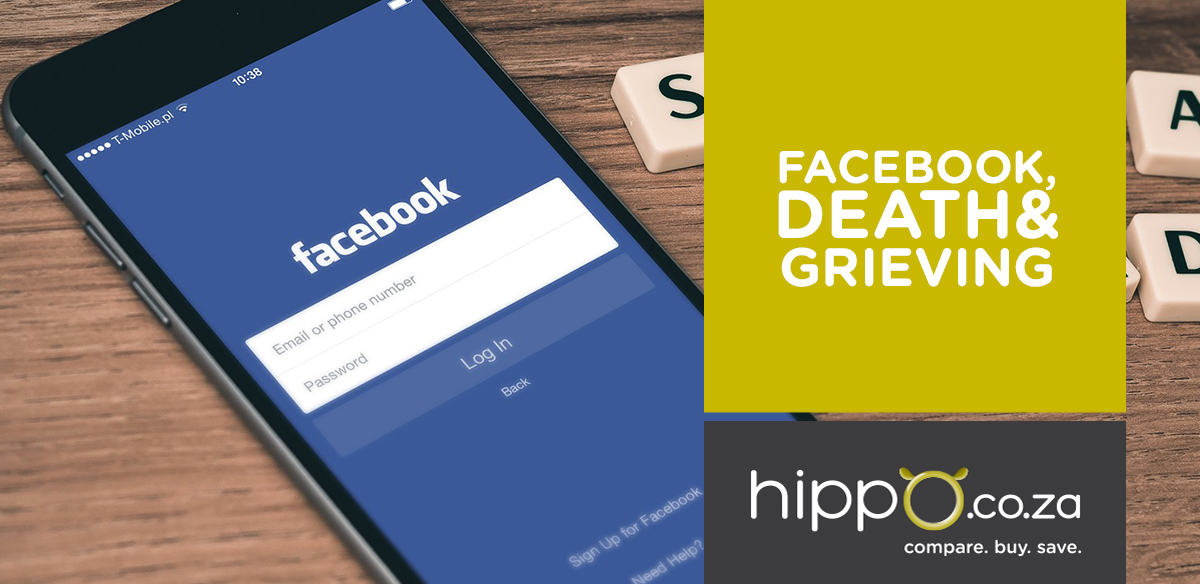
If you've already started planning for the future, you probably have the more important things like Funeral Cover and your estate sorted out by now. But, here's something you probably haven't considered: what happens to your Facebook account when you're gone?
There are currently over 1.71 billion monthly active Facebook accounts worldwide and it is estimated that this year, roughly one million users will die, which will undoubtedly add to Facebook becoming a virtual cemetery by the end of this century.
Yet, these profiles will not be completely inactive – they will appear as “People You May Know” on a stranger's news feed; they will continue to get tagged in photos and posts and Facebook will send its occasional birthday reminders or “Memories” of deceased users. It’s the proverbial life after death. This phenomenon can either be distressing to surviving friends and family or it can help them to deal with the loss of a loved one.

Initially, when a Facebook user passes away, their account remains publicly available, which means it will show up in search results and friends and family can still interact with the profile of the deceased. The profile can be promptly shut down if a partner or family member knows the password. But, in most cases, people don't disclose their Facebook login details, so it's likely that a profile will continue to exist normally.
Facebook currently has four options relating to the account of a deceased person:
- The family can leave the profile untouched.
- Verified immediate family members may submit a request to Facebook to have the account permanently deactivated.
- The owner of the account can appoint a legacy contact which can notify Facebook when they die, upon which Facebook will memorialise the account.
- After removing or memorialising the account, friends and family can also create a group in honour of the deceased.
Hippo.co.za got the opinion of two grief counselling experts on how having access to a deceased user’s Facebook page can affect the grieving process.
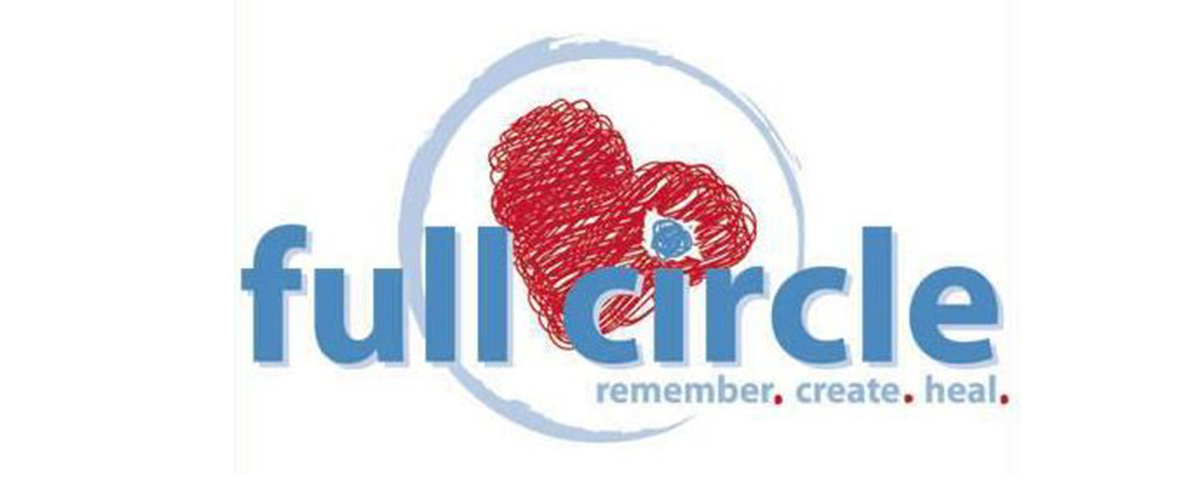
This contribution was made by the Full Circle Grief Center
“Grief is such a personal journey and everyone grieves in various ways with no rule book and no set timelines. As one looks at Facebook profiles after a death, they vary greatly in how they are used or not used.
It's obviously a personal decision if the family of a loved one who has died should remove or keep the person's Facebook profile. If it is kept, it may be wise to have a family member monitor the page, pictures, posts that are added to the page and to decide how privately or publicly the page is shared.
Having access to a loved one or friend's Facebook page after they have died could complicate and/or relieve someone's grief. This reaction is personal and is also dependent upon each person's relationship with the deceased and how well they knew them. People will have various reactions to Facebook pages depending upon what is shared. For some, reading a deceased friend or loved one's Facebook page may give them insight into silent struggles or reveal truths that may leave them with more questions or internal conflict.
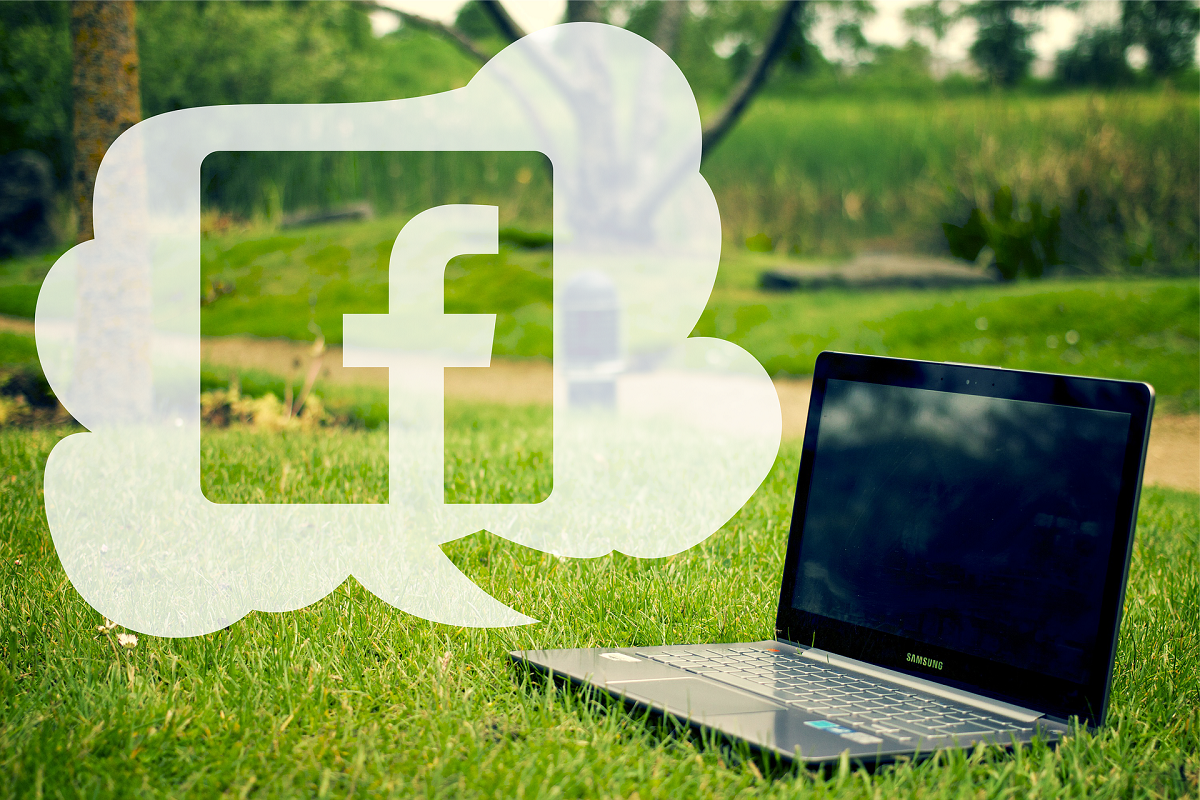
Having access to a deceased user's Facebook page sometimes serves as a means to remember them and share messages to their loved ones and their family. Facebook may serve as a helpful tool for remembering someone who died or some families may use it as a way to raise awareness or funds for a certain cause or movement such as suicide awareness, type of illness/cancer or to share information about funeral/memorial arrangements, services, or celebrations of life or anniversaries.
Whatever is shared, it is recommended that discretion be used. In the case where the family has the login details of the deceased's account and would like to maintain a loved one's Facebook page/profile, they should be encouraged to monitor and check the privacy settings and decide who they want to share information with whether it is with friends, certain family members or with the public.”
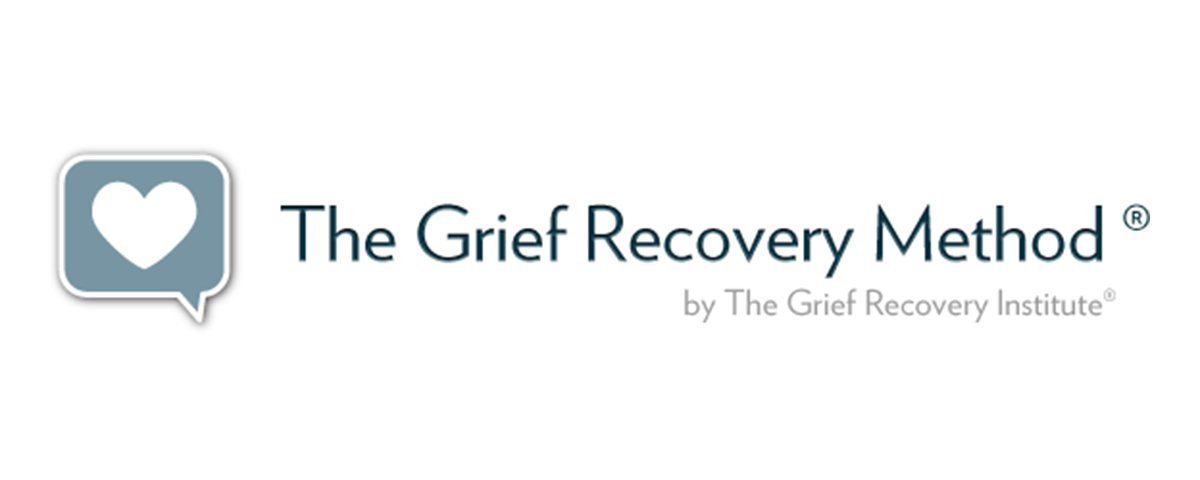
This contribution was made by The Grief Recovery Method
“Having a ‘go-to’ place to remember and perhaps comment on your memories about someone who has died can have a certain amount of value in expressing your emotions of grief. On Facebook, these sentiments can include a group of people who also had a relationship with the person who died. However, expressing those feelings does not necessarily mean that you’re actually tackling the long-term effects required for grief recovery. At best, you might be giving yourself some short-term relief from the energy created by those feelings.
There is a possibility that using Facebook may hinder recovery from grief since expressing your immediate feelings of grief can create the illusion that you’ve dealt with the underlying, unfinished emotional business (unresolved grief).
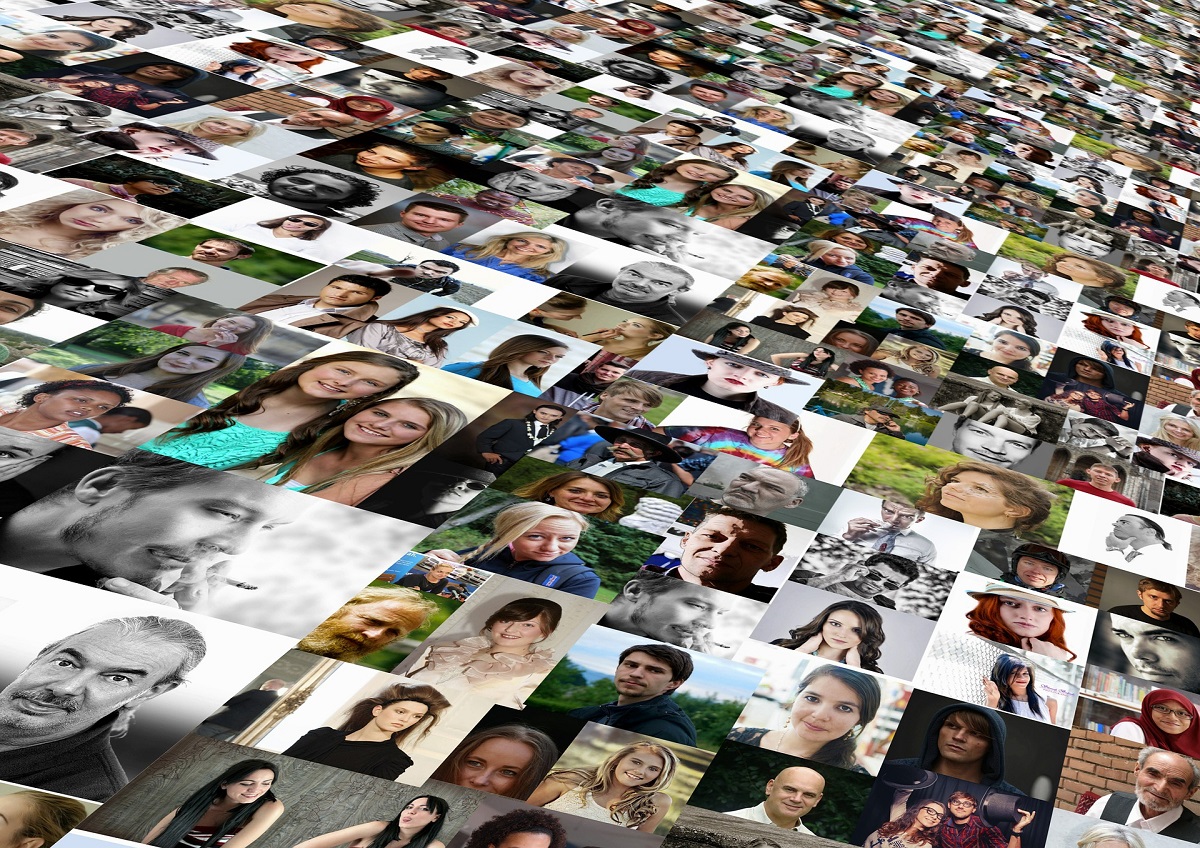
One benefit of access to a deceased user’s page and to the comments made by their friends and families is that you may be reminded of aspects of your friend’s persona that you hadn’t thought of. In that sense, much like a memorial or funeral, it helps you remember them the way you knew them in life, not only as you knew them towards the end. Bottom line – it helps you create an accurate memory picture or reflection of the life he/she lead.”
How to memorialise a loved one's Facebook profile
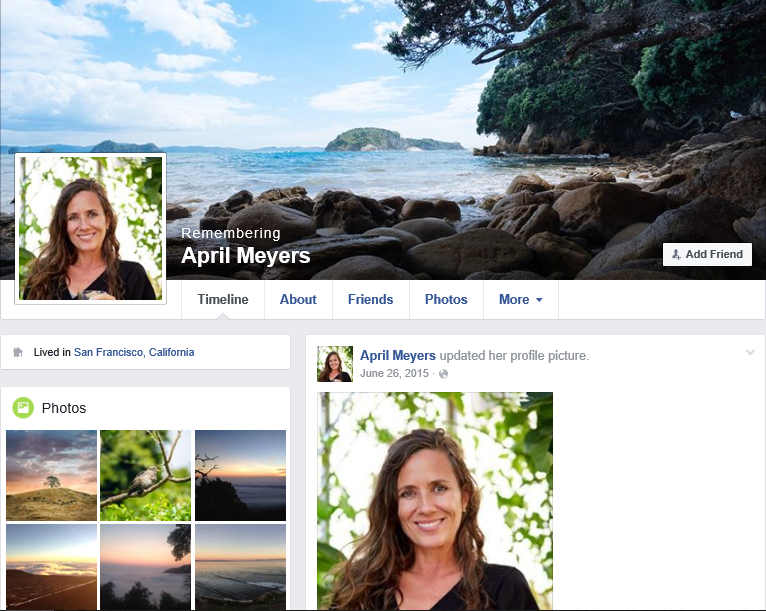
Facebook's official policy is to have the account of a deceased user memorialised. Memorialised accounts will have the following features:
- The word “Remembering” appears next to the person's name at the top of their profile.
- The memorialised timeline will allow friends to post tributes and share memories if the privacy settings of the account have been adjusted to do so.
- Statuses and photos remain on Facebook and the audience it was shared with will be able to see them.
- Memorialised profiles will not show up in friend suggestions, ads or birthday reminders.
- It's impossible to log into a memorialised account and the account can't be changed without a legacy contact.
- Any pages or groups that the deceased user has set up will be removed upon memorialisation.
If you have been appointed as a legacy contact and need to memorialise the account of a deceased friend or family member, here's what you need to do:
- Log into www.facebook.com/help/contact/228813257197480
- You will be taken to Facebook's “Special request for deceased person's account” page.
- Navigate to “How can we help you?” and select “Please memorialise this account”.
- Fill in the details in the relevant fields such as the full name of the deceased person as it appears on the account. You also need to submit a death certificate.
- Click “Send” once you're done. Facebook will respond with an email that contains further instructions.
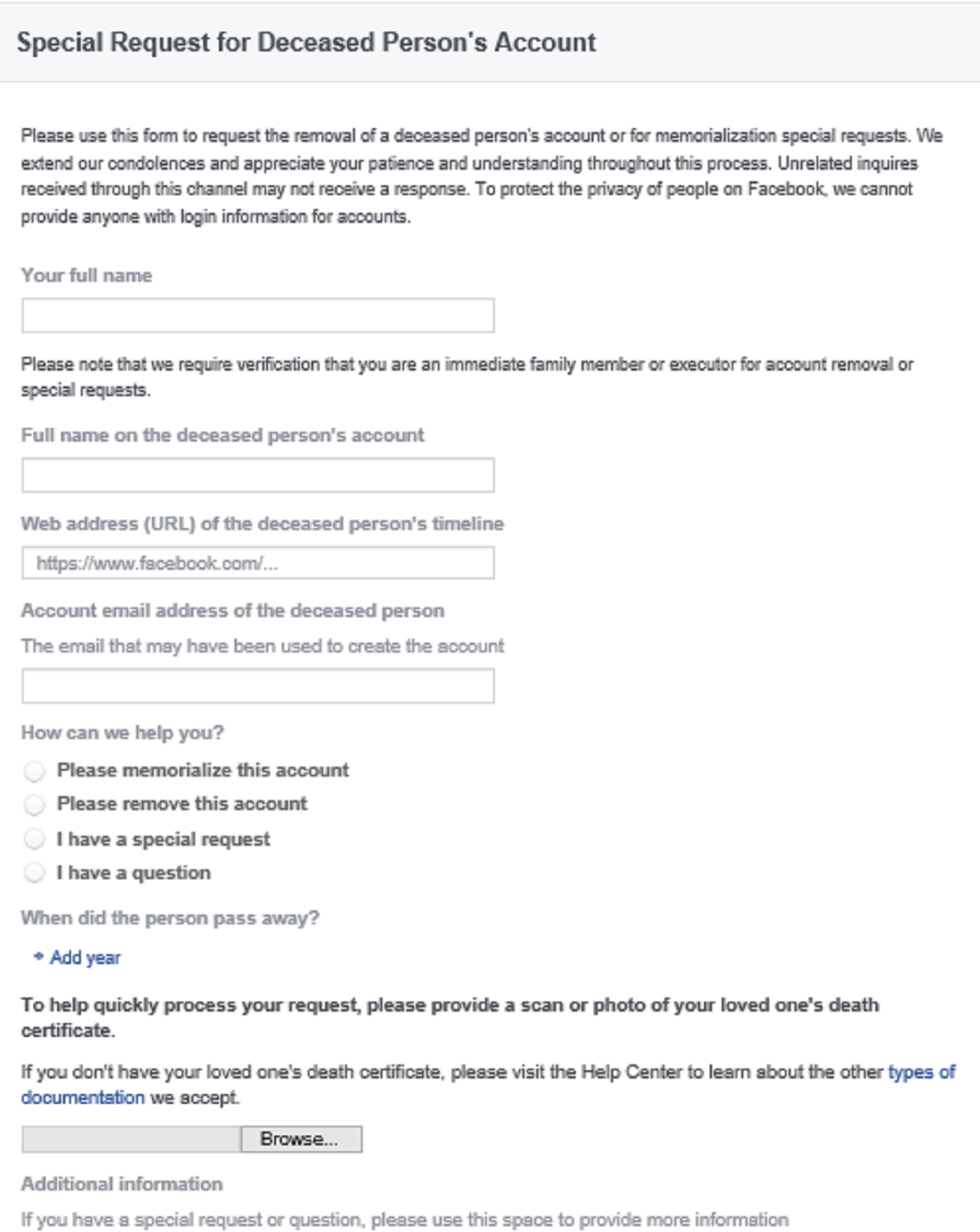
Conclusion
Making final arrangements traditionally involved taking out Funeral Cover, Life Insurance and deciding who will be the recipients of your assets. But, with the growth of social media, Facebook has transformed the way we deal with death and its aftermath. As a current Facebook user, you may not be concerned about your digital legacy and the online material you've created over the years. Yet, your past status updates, photographs, and interactions could be valued memories to your friends and family one day, so it's worth having measures in place to preserve your online accounts.
Hippo Blog Categories

































